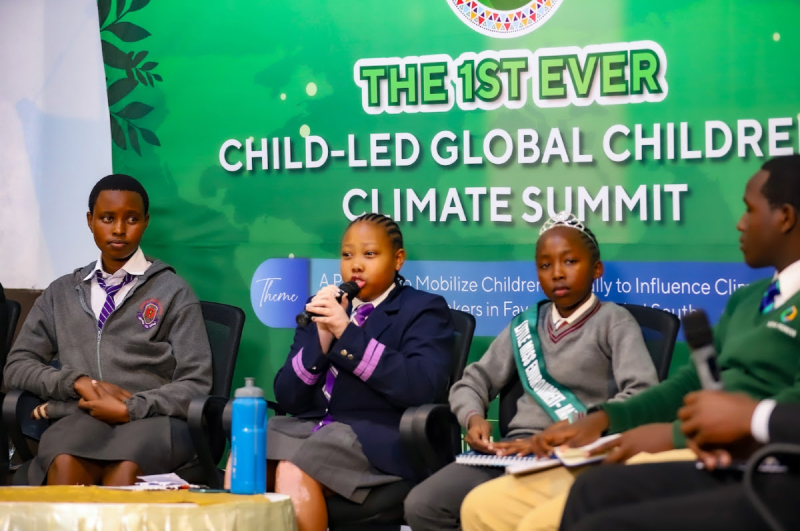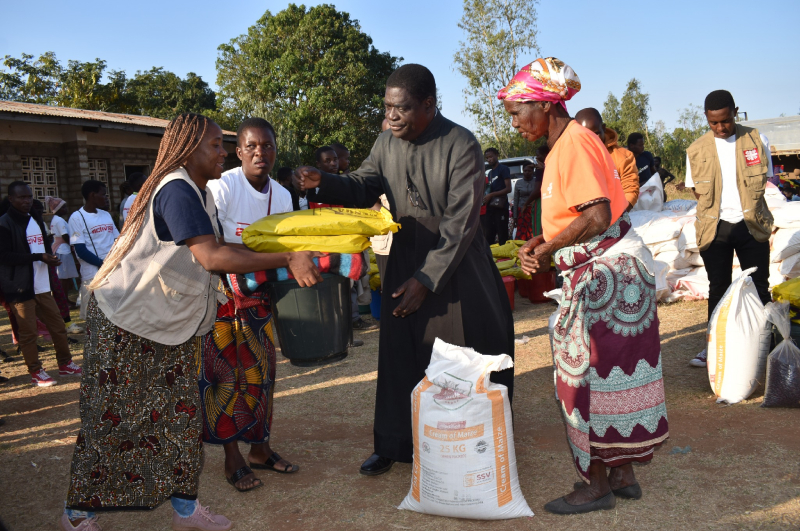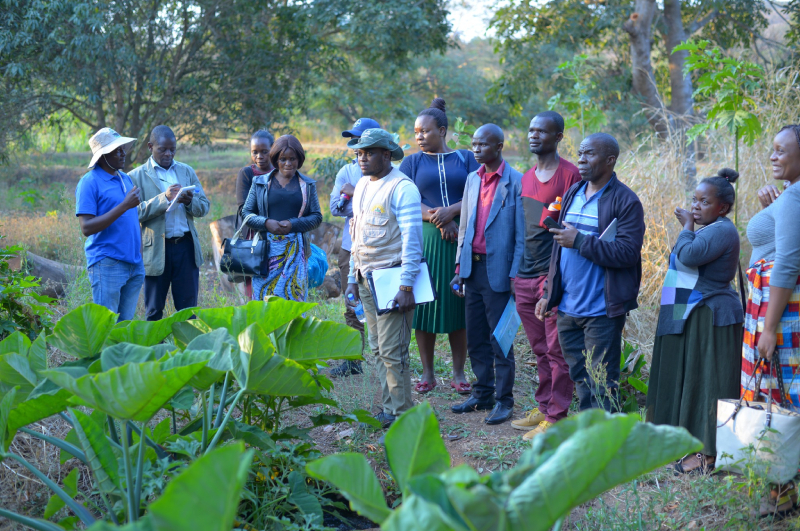

This is a climate justice advocacy and solidarity action campaign for those in frontline communities that are most vulnerable and affected by the climate crisis.
While we are all affected by climate change often it is the marginalised groups such as women, children, and young people that are among the hardest hit by its effects. The campaign advocates for urgent climate action and a just and sustainable future inspired by and prioritising the stories/voices from the margins.
Climate change is the greatest threat facing people and the planet today. The latest Intergovernmental Panel on Climate Change (IPCC) report have highlighted that, if urgent and ambitious actions are not taken to reduce greenhouse gas emissions, we will soon pass the 1.5 degrees Celsius threshold or even 2 degrees Celsius above the pre-industrial level. The IPCC 2023 report has also indicated that losses and damages will disproportionately affect the poorest and most vulnerable populations, particularly those in Africa and least-developed countries like Malawi, creating more poverty and underdevelopment.
The report has also emphasised on the need to prioritise equity, social justice, inclusion, and just transition processes to enable ambitious climate actions and climate-resilient development. Nonetheless, we are already witnessing the negative effects of global warming through climate shocks like droughts, cyclones, floods, heat waves, and other extreme weather events. These have become more intense, frequent, and widespread resulting in the deepening climate crisis we are experiencing. Even though everyone is affected by climate change, the impacts are not evenly distributed. The poor people and marginalised communities are the most affected and vulnerable to the impacts of climate change. Despite this, their voices are often ignored and even not included in efforts to address climate change. Significantly, this campaign seeks to advocate for these "underrepresented" and "missing" voices of the marginalised people and frontline communities at local and international platforms addressing issues of climate change.
The campaign program will run from 30 August to 14 December 2023 ending with a special of Voices from the Margins COP28@Home Sessions. The program will be spearheaded by the Jesuit Centre for Ecology and Development (JCED) in partnership with Tamba Africa Social Circus, CADECOM Blantyre, Youth for Climate Justice Cohort (Climate Justice Champions and Green Magis), and JENA – Ecojesuits as part of the Road to COP28 and beyond.
The Campaign has four main objectives that are key in its Road to COP28 and beyond, these are:
1. To inspire solidarity and collaborative action to address the impacts of climate-induced disasters on vulnerable (frontline) communities in Malawi
2. To capture and amplify the voices/stories of the most affected by climate-induced hazards, raising awareness and action on issues of climate financing, disaster risk reduction, loss, and damage
3. To demand for ambitious and urgent action on climate change
4. To harness the power of arts and storytelling for creative climate justice advocacy at local, continental and global platforms addressing climate change.
On photo: A Training of Trainers (TOT) workshop on sustainable agricultural practices, the Science in Ecology and Ecosystems organised by JCED, under the Tasintha Mlimi Project. The workshop is aimed at building capacity of 12 front line government extension workers and 3 JCED project staff on guidelines in integralecology and agroecology, principles of extension services in Malawi and farmer to farmer extension approach. The training is being facilitated by JCED staff and Senior Government Agricultural Extension officers from Kasungu District Council. The Tasintha Mlimi Project, a three year Project started in June 2023 and it is expected to end in 2026. The aim of the project is to build adaptive capacity of farming households to the impacts of climate change in TA Kaomba, STA Ndume and STA Suza in Kasungu District. The project is being supported by Misean Cara and JesuitenWeltweit Deutschland through Irish Jesuits International.
Related Articles
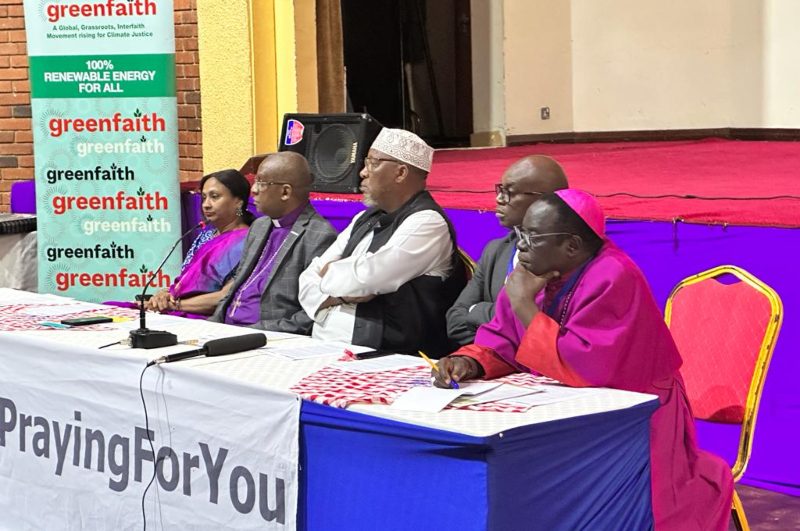
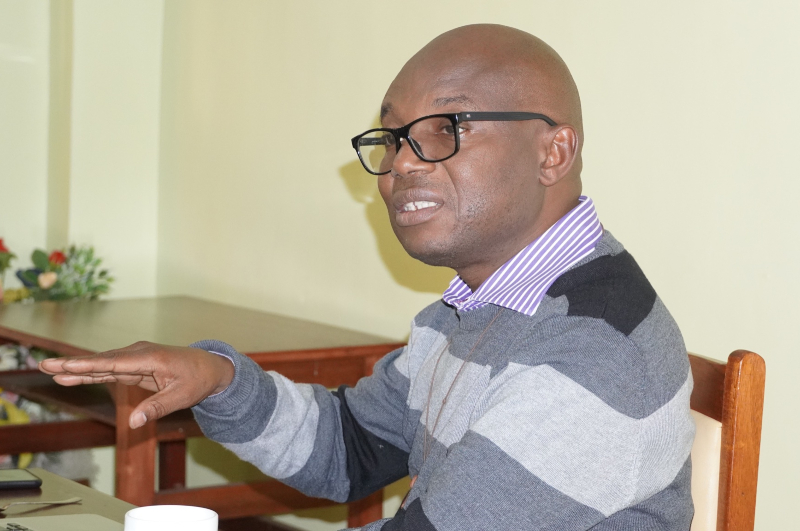
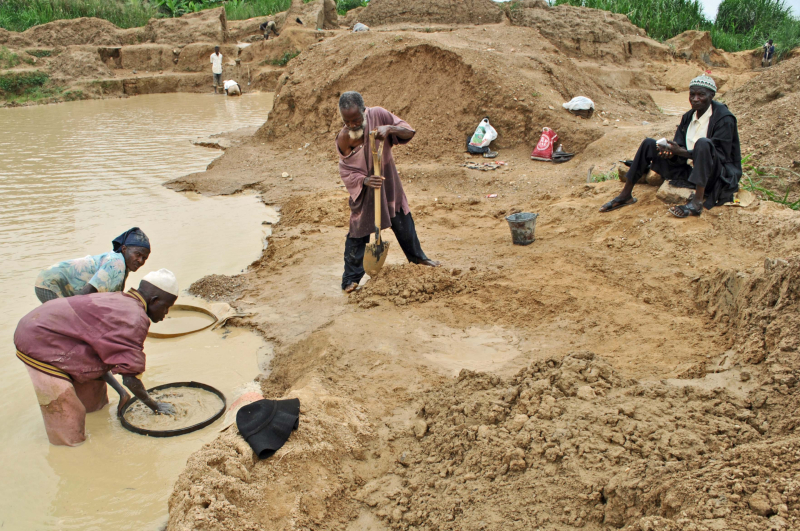
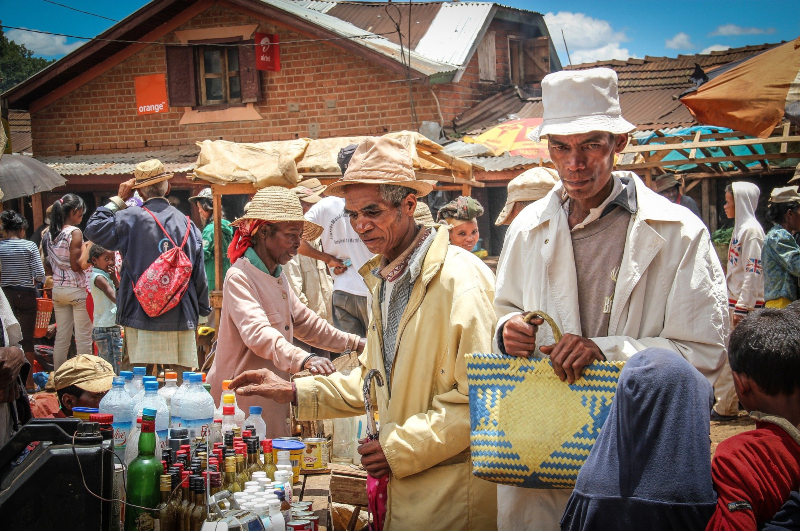
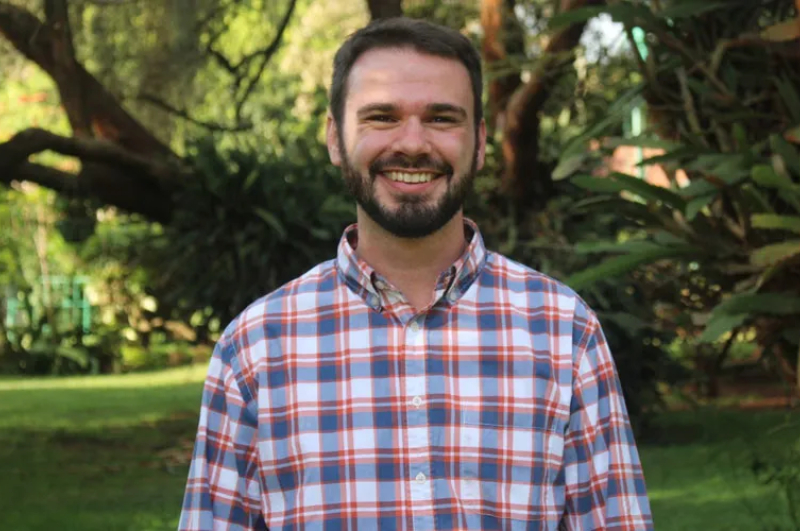
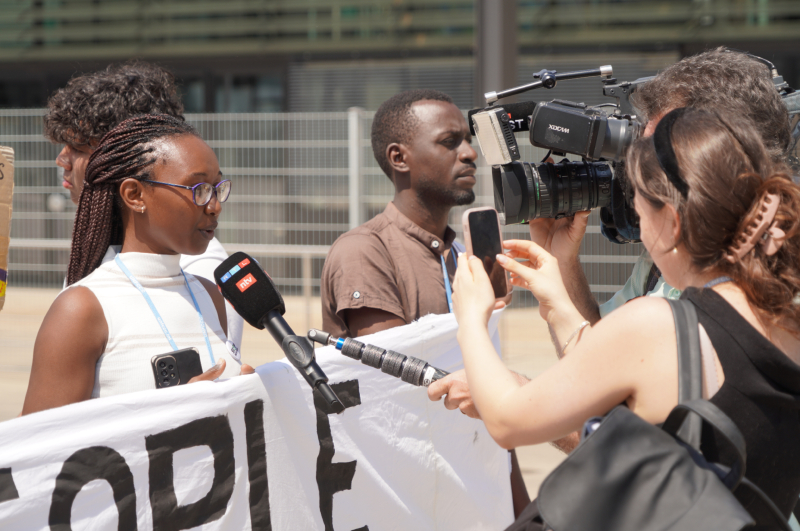
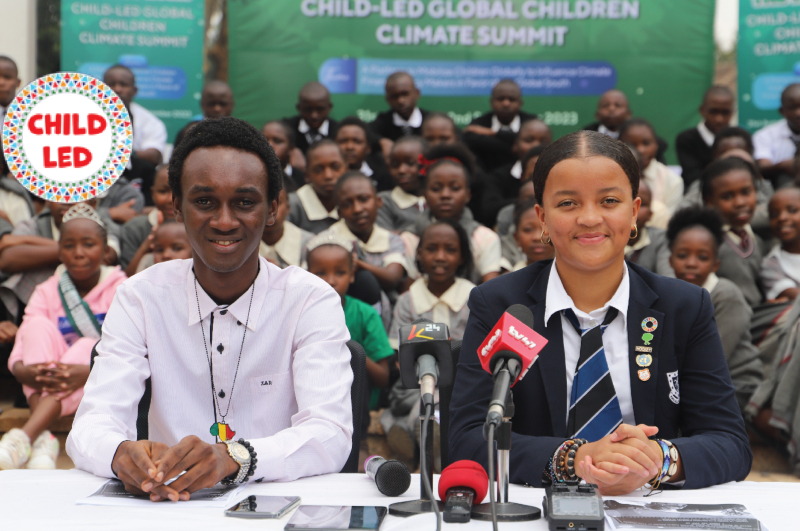
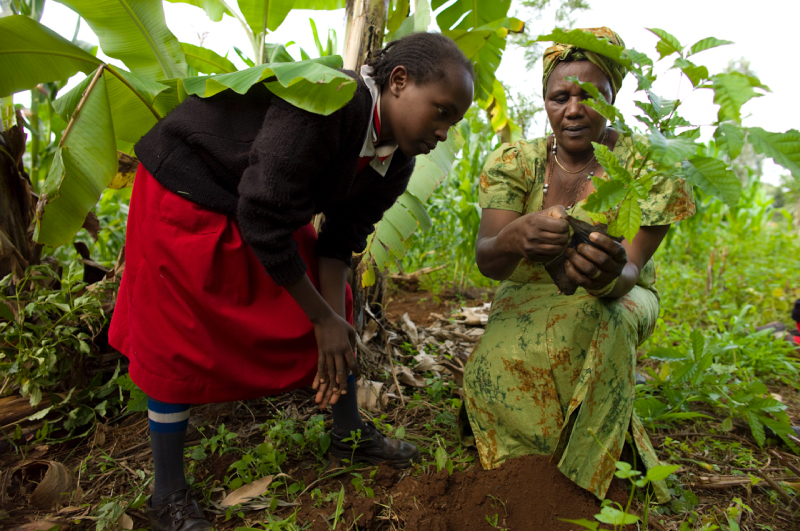
Select Payment Method
Pay by bank transfer
If you wish to make a donation by direct bank transfer please contact Fr Paul Hamill SJ treasurer@jesuits.africa. Fr Paul will get in touch with you about the best method of transfer for you and share account details with you. Donations can be one-off gifts or of any frequency; for example, you might wish to become a regular monthly donor of small amounts; that sort of reliable income can allow for very welcome forward planning in the development of the Society’s works in Africa and Madagascar.
Often it is easier to send a donation to an office within your own country and Fr Paul can advise on how that might be done. In some countries this kind of giving can also be recognised for tax relief and the necessary receipts will be issued.


